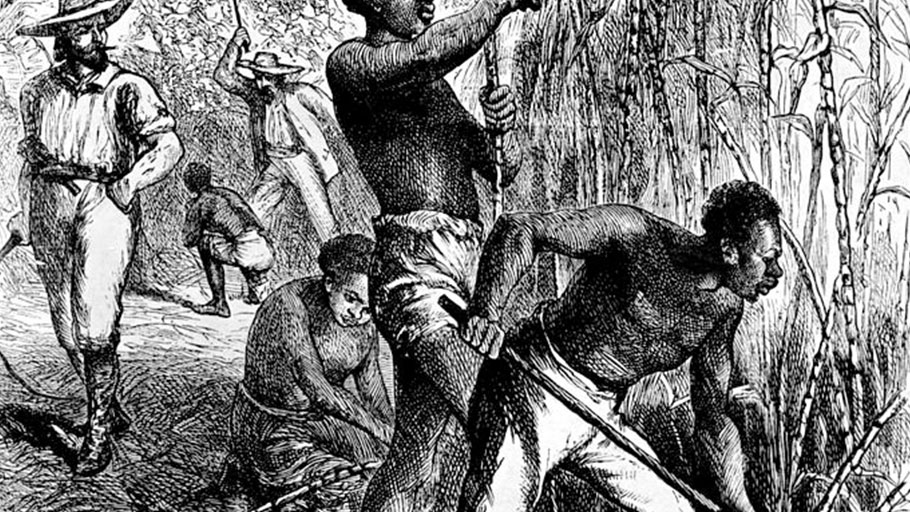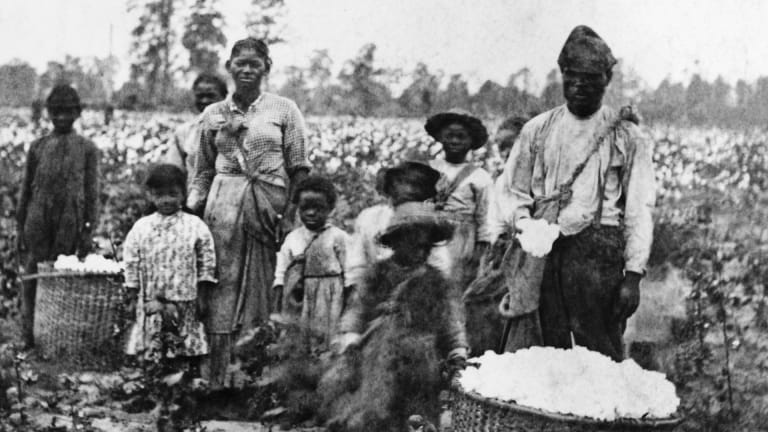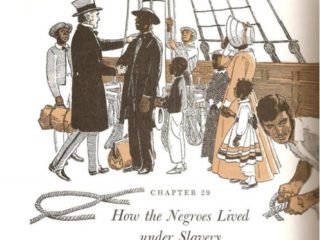It’s unseasonably warm for October in Utah. My thirty-five-minute drive turns into fifty with traffic backing up due to construction coupled with an accident during rush hour. I make a call to let my friend know I’m running behind. I take the 600 North exit into Salt Lake City, head south for a couple of blocks and, with the half-million plus dollar homes in my rearview mirror, cross the tracks into a much different neighborhood.
The furniture is old. Three worn-out computers fill up a couple of tables and an inspirational quote from Dr. King is painted on the cinderblock wall as I enter the home of the Boys and Girls Club of Greater Salt Lake City. A handful of men in royal purple and old gold shirts are scattered across the room. They, like myself, are members of Omega Psi Phi Fraternity, Inc. I find a spot on the back wall as we listen to a dozen high school students talk about their grades and aspirations. Two young girls with head coverings say they are refugees. They’re getting good grades and want to be a good example to their younger siblings and create a better life for their family.
“That’s real,” commends Marlin Lynch III. Marlin, an African American pastor and brother in the fraternity, grew up in Detroit. Life was not easy for him but he persevered. He doesn’t make any excuses and won’t accept them from anyone else.
“How are your grades and what do you want to do with your life?”
Several of the students are dreaming of the NBA and NFL. Others want to be mechanics, engineers or doctors. The school year is early and their grades are generally good. A young black man is asked the same question, “How are your grades and what do you want to do with your life?” He likes to play soccer and he’s getting Cs he says.
Someone asks him if he plans on playing professional soccer since he didn’t say anything else about his future. “I’m just having fun playing,” he replies.
“What about them grades?” another brother presses. “Are you going to bring those up?”
His response is well-rehearsed and unsettling, “I feel like I’m at a really good spot with Cs. I don’t have to feel the pressure and stress others have with getting As and Bs. I’m good.”
Marlin shakes his head. He can’t let it pass, “Nah, dawg. You don’t settle for Cs. Now if you were coming up from Fs and Ds I’d applaud you for that but you said you’re good with Cs. That’s a slave mentality and I’m not down with that. You’re better than that. I ain’t gonna let you fall prey to that.” Everyone falls quiet. The words “slave mentality” silently reverberates around the room of mostly African and African American kids and adults.

Slave Mentality
“Slave mentality” is a phrase packed with a lot of meaning. It’s a disease inflicted by America. On the one hand, it is the perception that one merely accepted slavery as their lot in life. It’s realizing that things are never going to get any better. It’s a recognition of your bondage and trying to make the best out of the worst… out of beatings, rapes, whippings, constant exhaustion, near starvation and brutal lynchings. You get by to survive. Naturally, there were many who, mentally, had given up even if their hearts yearned for freedom. How could you not? However, lest we forget, there were those who were enslaved that rose up and revolted against their oppressors. They would not give in and instead fought to free themselves and others.
A couple of years ago, I spoke on a panel about race and racism at Utah Valley University in Orem, UT. There were the usual denials of racism and one student questioned how there could be any racism because “there aren’t a lot of black people in Utah”. I replied, “Perhaps the reason there aren’t that many black people in Utah is that it is so racist.”
An African American student stood up and related how she was often the only black person in her classes and when slavery is brought up she shrinks in shame and embarrassment. An African American professor on the panel counseled the young lady, “When you think of slavery what do you think about? The whippings and killings or the Harriett Tubmans?” What do we think about? Do we think of a people finding a way to survive, to innovate and thrive through American history no matter how much is stacked against them?
The steady diet of “less than”
When teaching a more honest history about slavery let’s remember the whole story and not perpetuate the old “slave mentality” one. How we teach about slavery has a profound impact on African American students. A lady at a conference approached me to share her story. It mirrors the one shared by the student at Utah Valley University. She told me, “That’s all I ever saw myself and my people as… slaves.” Of course, she learned later that wasn’t the case but the scars formed in elementary school run deep. She added, “If that’s how I saw myself then you know that’s what all of the white students thought too.”

The impact of slavery (and later that of Jim Crow) on the minds of whites can’t be underestimated as well. When we are fed a steady diet of “less than” what other conclusion can the subconscious come to? What other reservoirs of information can it draw from? All of this then manifests itself in everything we do, say and think. The only way to reverse this is to make an active, lifetime commitment to reprogram one’s mind to move beyond the space whites occupy within the “slave mentality” narrative.
I hung around to chat with some of my fraternity brothers and then headed down the highway back home. As I got onto the freeway, I called Marlin. I couldn’t shake what the kid said, “What he doesn’t realize is that he’s not just competing against people who look like him but people who look like me. The reason this country works for me is because it was built by me. “Whites, as we know, won’t give up that control easily.” And we won’t have to as long as we keep people focused on the old “slave mentality”.




